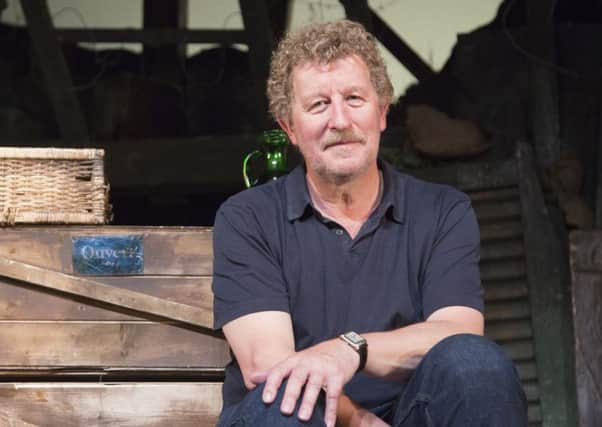Book review: Paris Echo, by Sebastian Faulks


It is set early this century but harks back to the grim, grey wartime Paris. Hannah, one of the two main characters, is a serious thirty-ish American academic, unattached, with an unhappy Parisian love affair some years in the past, and is now engaged in research into the lives of women during the years of the German Occupation. The other is her temporary lodger, Tariq, a beautiful, bright and brightly ignorant Moroccan of 19, who has come to Paris perhaps in search of his half-French mother, really to get away from his father and stepmother and the “torture” of not being allowed to sleep with his girlfriend. Resourceful and cheerful, he almost immediately finds himself a job in a fast food shop in the banlieues where he learns of the iniquities of French society from his boss and the cook, both Arabs born and reared in France and speaking French as their first language. The novel’s exploration of the dark years from 1940-44 might come close to being unbearable if Hannah and Tariq weren’t in their different ways both very attractive characters.
Tariq, splendidly ignorant – asking whether the date 8 May, 1945 means anything to Hannah and her English academic friend and admirer – is quick to turn to the internet for information. Meanwhile, Hannah is occupied with two women’s memories of the war years, recorded some time ago. She develops an intense sympathy for both. One, still alive and willing to speak to her, has a story which is really horrible; nevertheless in a strange way she invites her sympathy, if only because she is brave enough to put the question most of us usually try to evade: how would I have behaved in those circumstances? Tariq meanwhile, who sits in on the interview because his French is better than Hannah’s and who has recorded it (of course) on his phone, is amazed that so old a woman could be so foul-mouthed.
Advertisement
Hide AdIn one way the novel has a classic theme: the acquisition of self-knowledge and the moral education of the principal characters. Both Hannah and Tariq are changed by these months in Paris. For Tariq perhaps this may be seen as a normal stage towards adult life, though an accelerated one. For Hannah it’s a release from self-doubt and the self-absorption this may induce, and the consequent lowering of her defensive barriers.
This is, as I say, the classic theme of a certain kind of novel, usually a domestic one, often a comedy. Faulks ambitiously yokes this theme to an exploration of the horrors of recent history – which is indeed the horrors of almost all history. He shows that while it may be dangerous to refuse to acknowledge the truth about the dark place in the history of your country, your government and your parents’ generation, sometimes this may actually be the only way of surviving. There are good reasons for the truth being not always acceptable. At the same time when Tariq’s girlfriend tells him he has changed, he explains that he got out of himself by visiting one of the darkest crime scenes of wartime Paris and entering – imaginatively – into the lives of other people.
Faulks is himself a true lover: a Francophile who can look the worst of France and French history in the face, and still say “nevertheless”. Here is Paris in all its beauty and squalor, its blood-stained history and its ability to instil in its lover a sense of the true sweetness of life. So this intelligent, moving, often disturbing novel is also really a love letter to Paris and indeed to France.
Paris Echo, by Sebastian Faulks, Hutchinson, 294pp, £20